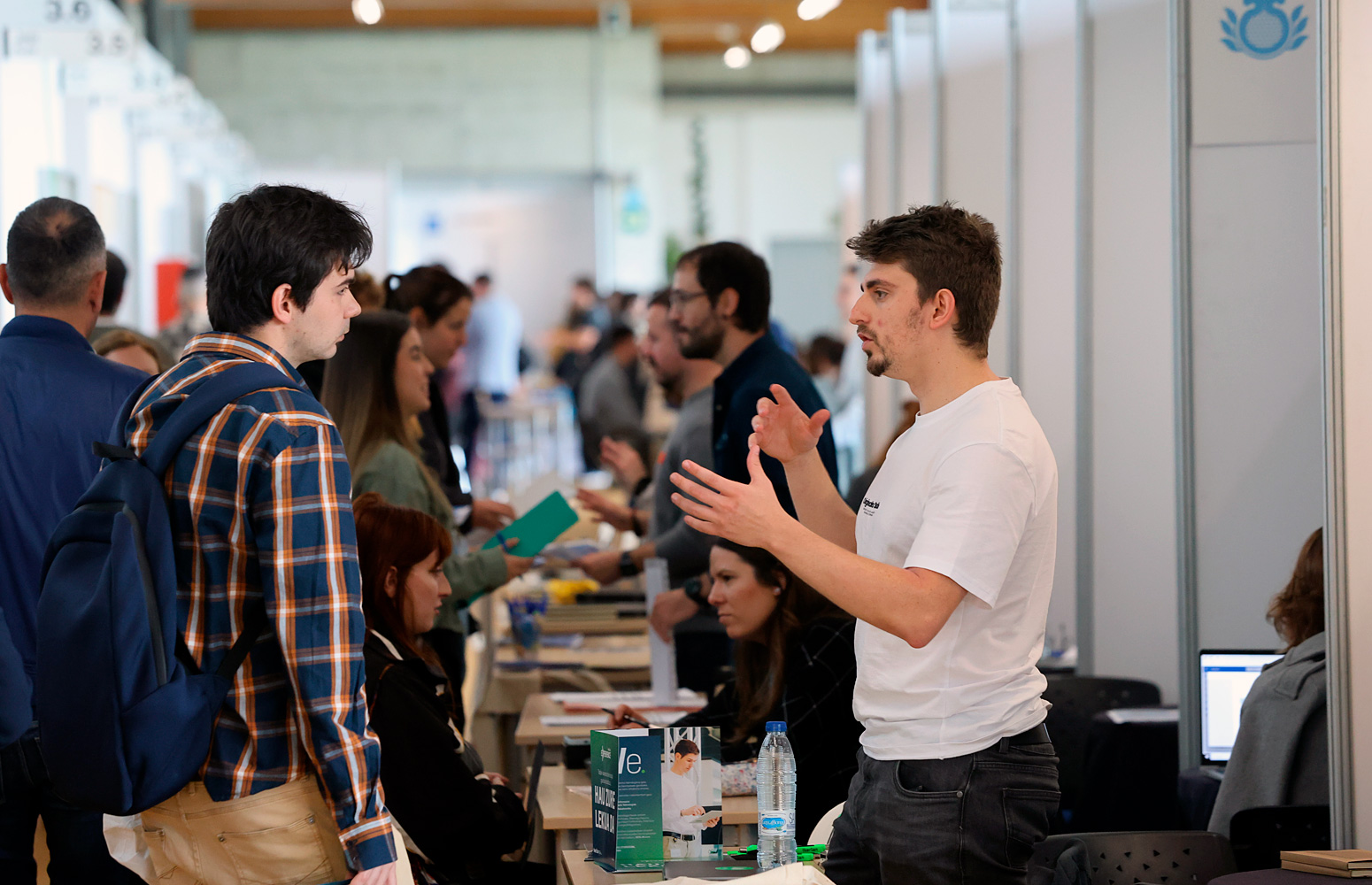-
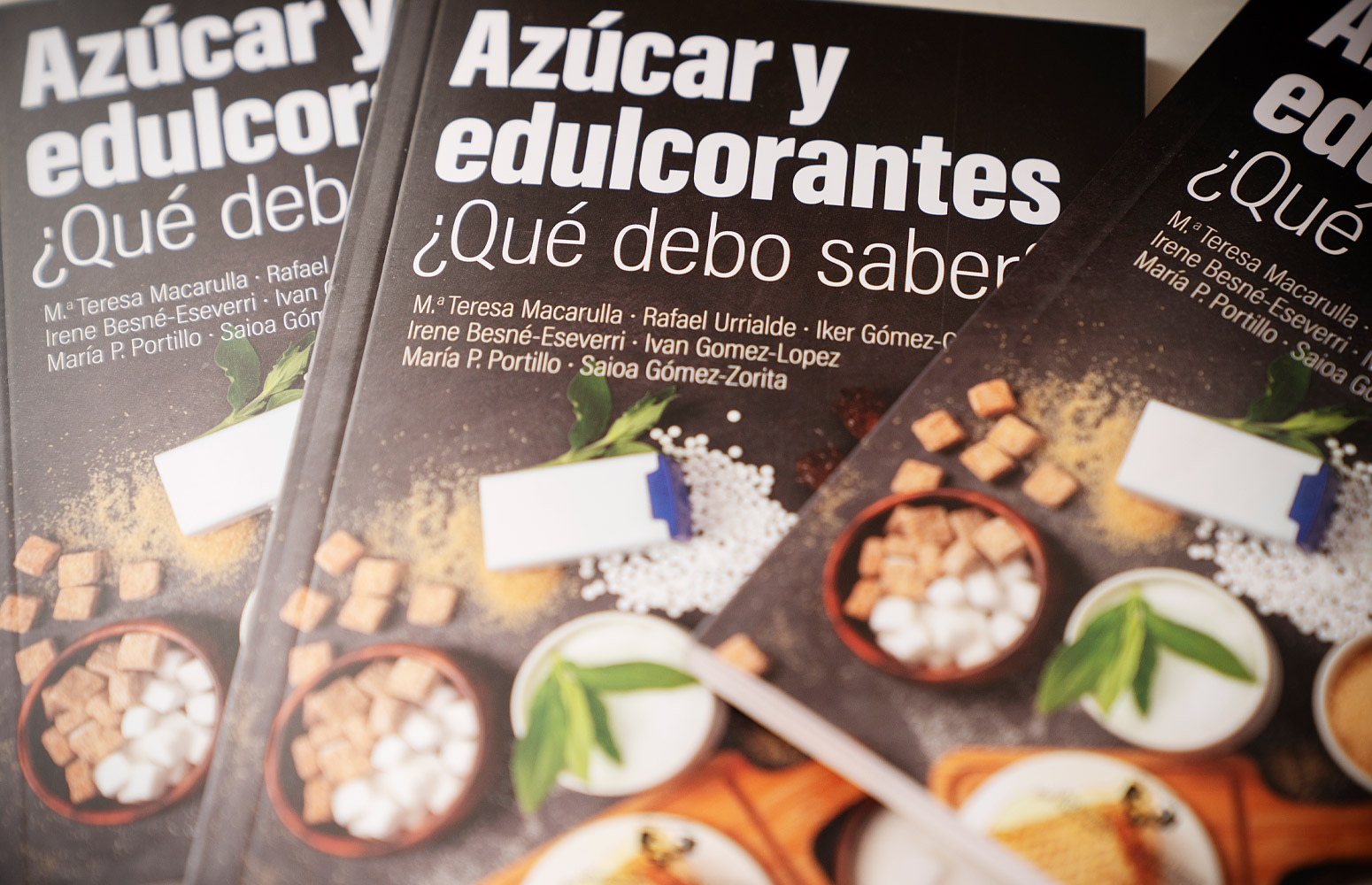
Azukrea eta edulkoratzaileak. Zer jakin behar dut?
-
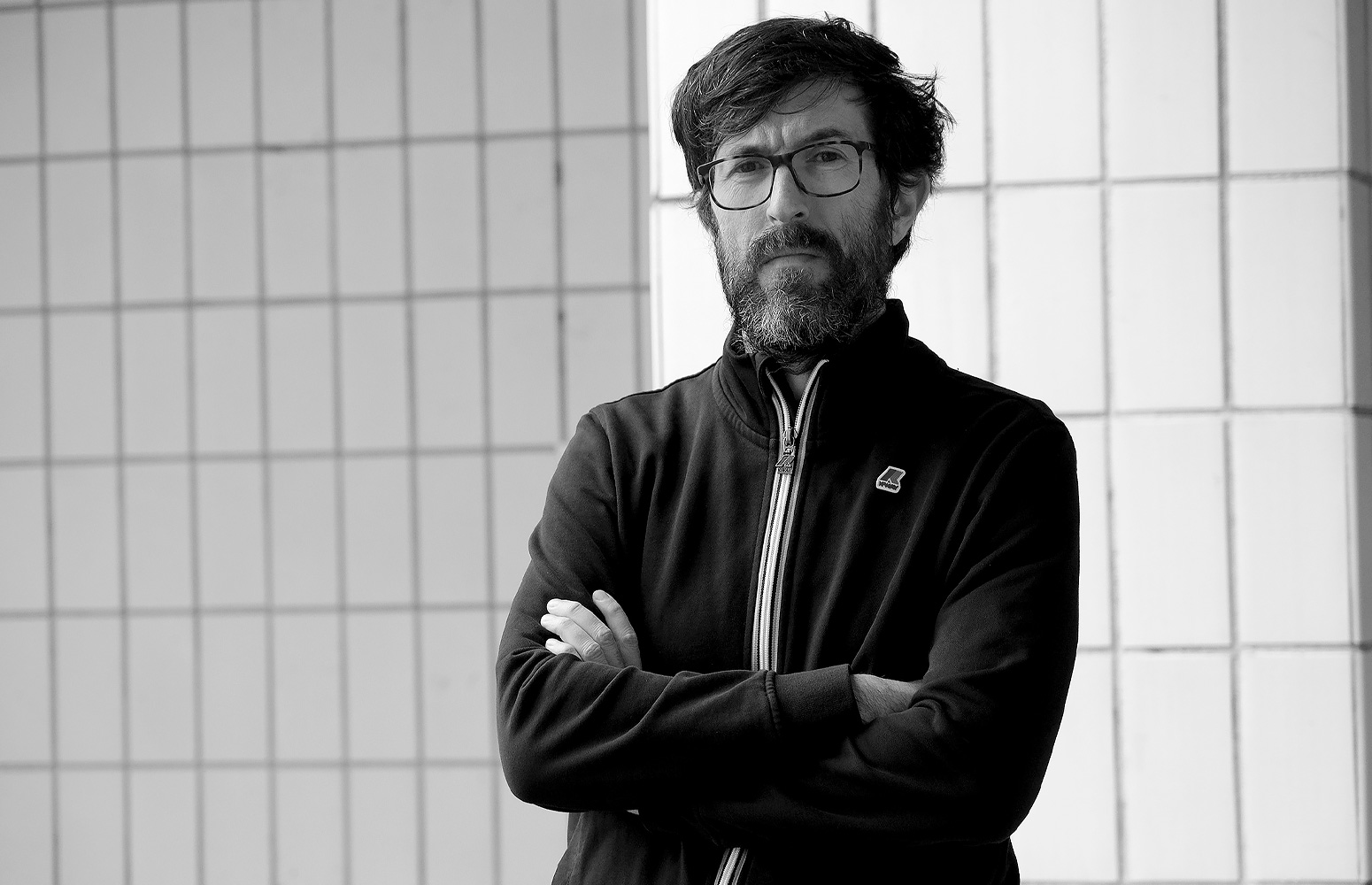
Athletic zuri ta gorria, zu zara nagusia, baina zertan? Gizonezko futbol profesionalaren gaitasun (im)mobilizatzaileari buruzko hausnarketa soziologikoa
-

Unibertsitateko elikadura ingurune osasungarriago baten bila
-
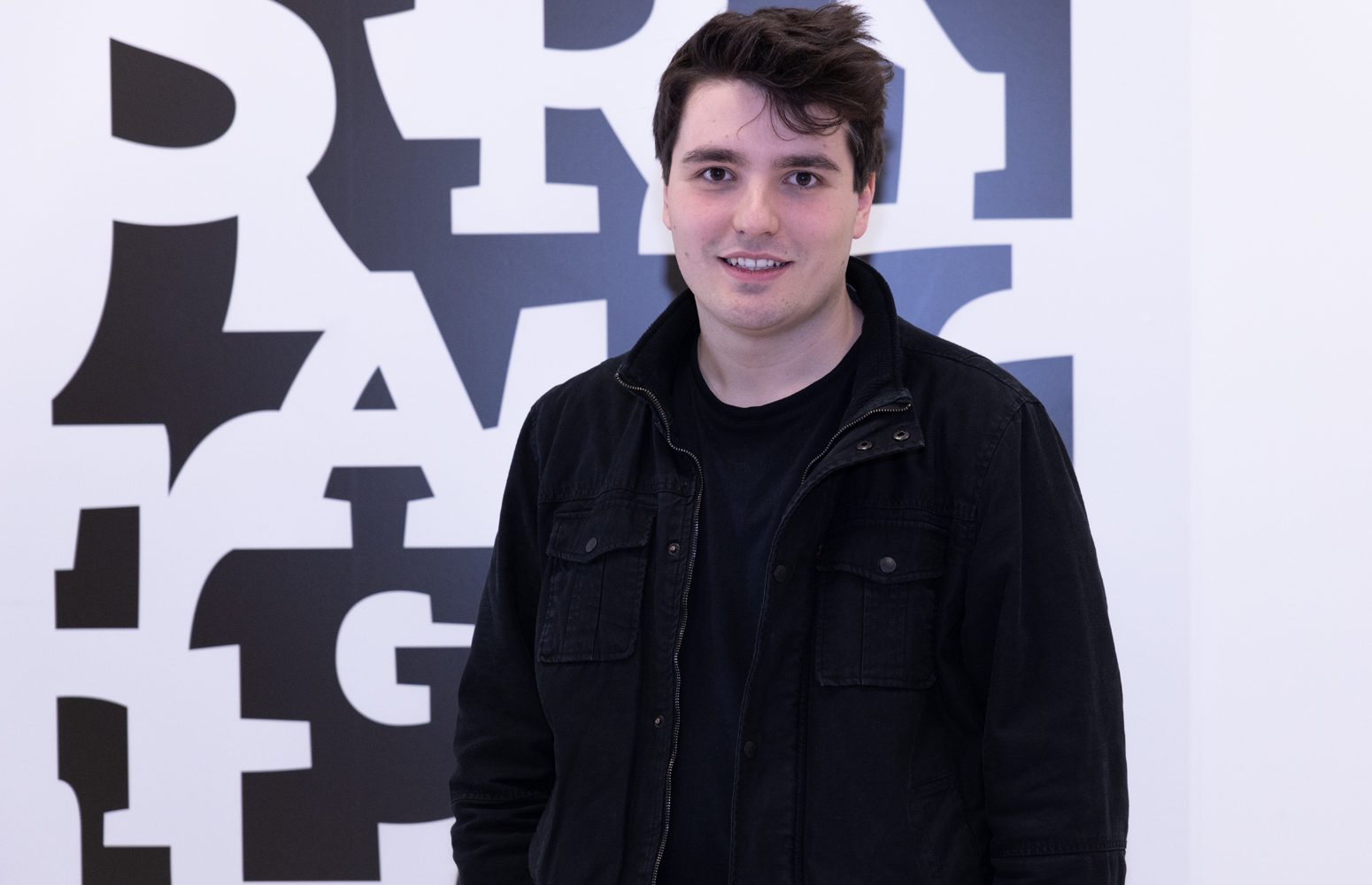
Iñigo Ugedo Vicario: «Modu aktiboan parte hartuko dugu unibertsitateko aldaketa prozesuetan»
-
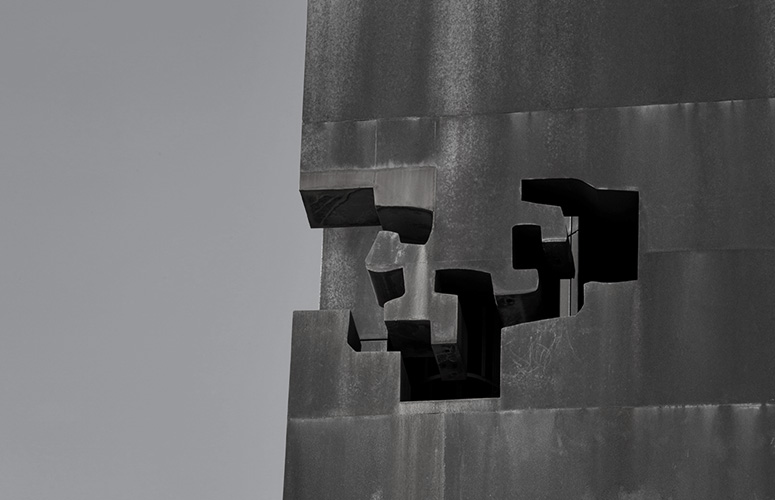
UPV/EHUko Gobernu Kontseiluak “Palestina laguntzeko manifestua Gazako hondamendi humanitarioaren aurrean” izeneko adierazpena onartu du
Asle Toje, member of the committee responsible for selecting the Nobel Peace Prize
«The most important thing for the peace in the world is to improve relations with Russia»
Asle Toje visits Vitoria to participate in the IV International Congress on Inklings, where he will give a lecture open to the general public and entitled "The dream of achieving peace in the world"
- Interview
First publication date: 27/03/2018
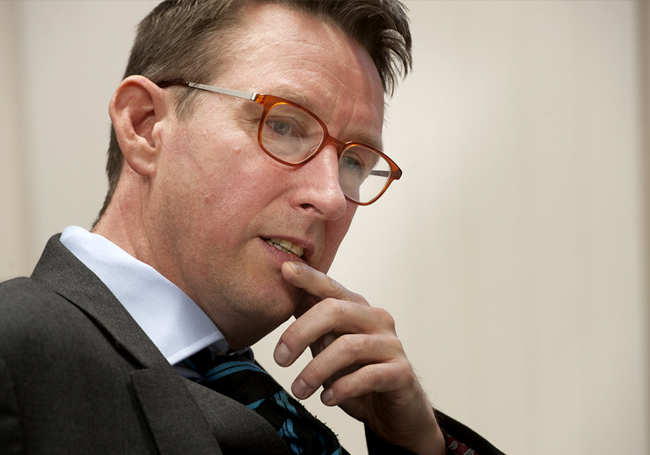
Please tell us what you would do, if it were within your power, to make this dream come true: achieving peace in the world.
I think for peace in the world humans would have to be born again with hearts able to recognize and regret their errors. I think this is the only way for people all around the world: to see themselves in others and try to resolve their differences in a peaceful manner. Unfortunately, many people don't know war. They don't know that in war everybody is a loser. And the biggest losers are the women, the children, the civilians… And the dreams that you want to achieve with the war is never achieved, it’s a dream!
How is it that an expert in foreign policy like yourself has become one of the five members of the committee responsible for choosing the candidates for the Nobel Peace Prizes?
That was just pure luck. What happened was that there was one candidate that was suggested, and the Norwegian Parliament didn't like the candidate. Then they proposed Rasmussen, who is the former secretary general of NATO, and some people contacted me and said: “This is impossible, because Rasmussen is a man of war, he's not a man of peace. You have to stand”. I had to quit my job at the Nobel Institute, where I am the Research Director, and now I will be member of this five person committee. And a miracle of miracles: the other parties in the parliament, they liked me. So I got text messages saying: “You are a very good candidate”. I don't think that they like me so much, I think they just dislike the other guy so much that they think I'm wonderful. So I was lucky.
How is a Nobel Peace Prize winner chosen?
Every year we get around 350 nominations, and the winner is chosen in the same way that you make a good sauce: you boil it down, you reduce it. So the committee is eliminating the candidates, and in the end, there are maybe three or four candidates, and then there is the big battle. And what happens is that we five sit around the table and we argue. And this goes on for an entire day. But it is very much a question of persuasion and respect; you have to respect the other people. And in the end the committee decides together on one candidate. And you can't expect to win, but you can expect to avoid the things you really don't want. And so this is how it's done.
When you look at the list of Nobel Peace Prize winners, which one do you think best represents the values of the prize?
1936, Carl von Ossietzky. He was a journalist who was put in a concentration camp by the Nazis. Many people supported or respected Nazi Germany in 1936 to had the Olympics, and the Nobel committee gave the peace prize to Carl von Ossietzky. Hitler was very angry. And this was a very proud moment because nobody wanted to confront the Nazis in 1936. And I think it was the most proud moment of the Nobel Peace Prize, because they saw that the Nazis would create war. And they saw it before other people did. And I think that's a proud legacy.
And what are your views with respect to the fact that the list of Nobel Peace prize winners includes Henry Kissinger or Shimon Peres, for example?
The big question is: Why did this little committee from this little country get it right so many times? This is the big question. It is a price that has come Martin Luther King, Dalai Lama, Mother Teresa… The list goes on and on. It's the most prestigious award in the world. Sure some awards have been unsuccessful, but very few.
You are a leading figure in world diplomacy. Seeing the sheer number of fronts that we currently have open in foreign policy, please tell me: What is the most important and urgent thing to do?
We need to improve relations with Russia. This is the most important thing. The relation between NATO and Russia has been getting worse and worse, and if we continue, there will be war. This is a war that I don't think the Russians want and we don't want it. So we have to find a way to live together with the Russians and this is difficult because of the regime in Moscow. It is difficult because Putin has destabilized independent countries on its borders. It's not something that we can look away from or forgive, but we have to find a way to live together in peace. And I think this is the biggest task on the international agenda now for peace. Unfortunately, what is happening in Africa and in the Middle East with the radicalization of Islamism, it doesn't destabilize the whole world. It's horrible and we should work on it. But a conflict between great powers is the most destructive conflict in the world. And if we start shooting I'm not sure if we're going to be able to stop before we use nuclear weapons. And this is something that keeps me awake at night. This is my biggest nightmare as a nuclear war.
What do you think about the Basque Country?
I think the Basque Country is God's own country. I think it's the most beautiful piece of real estate in Europe. I mean that I spent very much time in the Basque Country. I love the Basque nation. I love the food. I love the landscape. I love the way you build your houses. You have a precious thing here and it's always wonderful to come back here. You might think that I say this in every country I go; no, I don't. I don't like all countries equally. If I was not going to be a Norwegian, I would want to be a Basque. I think you have a precious thing here.


